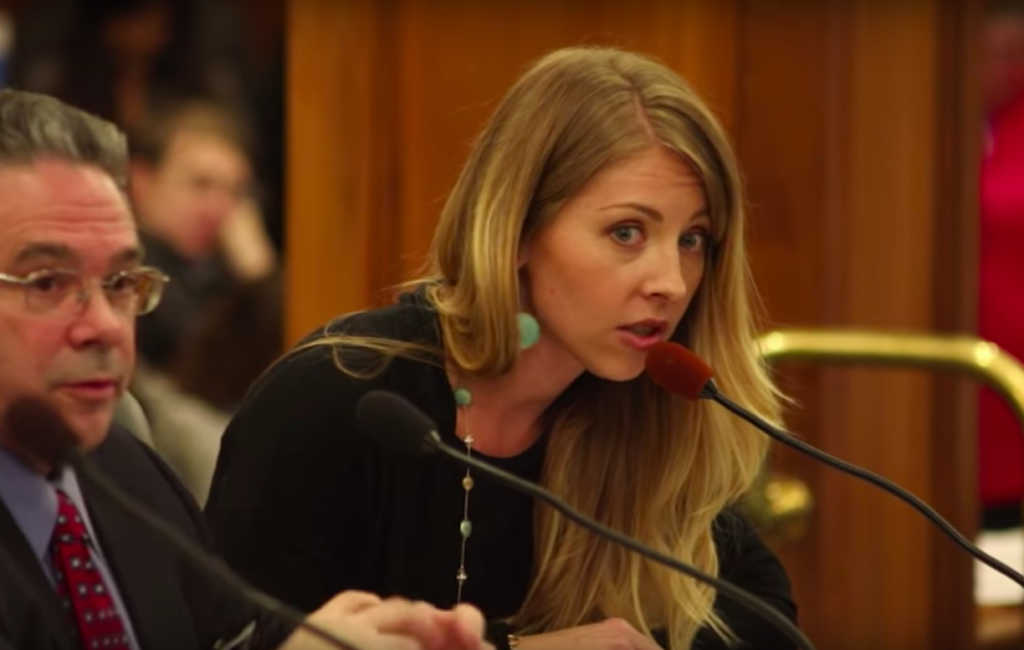New Jersey is on track to becoming the latest state to pass an assisted suicide bill, after the president of the state’s Senate strategically replaced two members who had previously voted against the legislation.
Last Thursday, the New Jersey Senate legislative committee voted 6-3 to advance a bill that would make it legal for doctors to prescribe lethal doses of death-inducing drugs to patients suffering from terminal illness. The new law would be limited to offering a deadly overdose only to those of legal age.
In addition, two doctors would need to be in agreement that the patient has less than six months to live. The patient would be required to submit three requests, with at least one in writing, to a doctor in order to obtain the drug — the individual would then have to self-administer the medication.
Oregon, Montana, Washington, Vermont, Hawaii, California, Colorado and Washington D.C. have all passed laws that make legal provisions for the administering of assisted suicide, or euthanasia.
What does the bill say?
The New Jersey Aid in Dying for the Terminally Ill Act permits a “qualified terminally ill patient to self-administer medication to end life in a humane and dignified manner,” according to its synopsis. The text also specifies that the bill will “guide health care providers and patient advocates who provide support to dying patients,” and “ensure that the process is entirely voluntary on the part of all participants.”
Oregon passed its euthanasia law in 1997. According to an official report on the “Death With Dignity Act,” as of January 19, 2018, prescriptions have been signed for 1,967 people, and some 1,275 patients have died from taking the drugs that were provided to them for the purpose of ending their lives.
What has the reaction been to the New Jersey law?
Many pro-life advocates have spoken out in opposition to the bill.
“Like other states that have confused liberty with license, New Jersey is considering a law that would promote physician-prescribed death. The proposal violates the sacred oath of the medical profession, recognized even by pre-Christian cultures, to heal the sick and preserve life,” ethicists Dr. Edward J. Furton told the Catholic News Agency.
“Very few choose this route because of severe pain,” he added, noting that, often, people choose to end their lives because they “suffer from despair, loneliness, or feelings of unwantedness.”
“Physicians should have no part in this reversal of the traditional aims of their profession, preserving health and life,” he added.
J.J. Hanson and the Patients’ Rights Action Fund
“These laws abandon vulnerable patients,” argued Kristen Hanson during a packed debate on the bill.
Kristen’s husband, J.J., was a Marine Corps veteran who founded the Patients’ Rights Action Fund after being diagnosed with brain cancer in 2014 and delivered a devastating prognosis of just four months. He passed away in 2018. Kristen Hanson has since taken on her husband’s mantle of pushing for across-the-board improvement in patient care instead of the introduction of euthanasia.
“J.J. was a volunteer fireman, and he served New York state under Governor Spitzer and Patterson,” Hanson said of her late husband, who was just 36 years old when he died. “Then, after he was diagnosed with terminal brain cancer, he dedicated his final days to fighting the legalization of assisted suicide.”
Hanson recalled being told that her husband had the “deadliest form of brain cancer and four months to live.” She noted that three different doctors informed J.J. that there was nothing more they could do.
“Thankfully, we didn’t listen,” Hanson continued. “J.J. had great success with treatment and outlived his grim prognosis by over four years. During that time, our son created so many priceless memories with him and we welcomed a second son into the world.”
Introducing laws that give embattled patients like J.J. the means to easily end their lives, she said, is wildly irresponsible and undignified.
“These laws abandon vulnerable patients like J.J. who can experience periods of depression at any point following their diagnosis,” Hanson explained. “Once patients receive the lethal prescription, they are on their own.”
“My greatest fear,” she concluded, “is that when assisted suicide becomes a medical treatment, it injects governmental pressure and profit-driven insurance decisions into everyone’s end-of-life care.”
“You cannot focus on the individual patient when you look at this legislation,” she said. “We should be looking at improving multi-disciplinary end-of-life care, not assisted suicide.”



